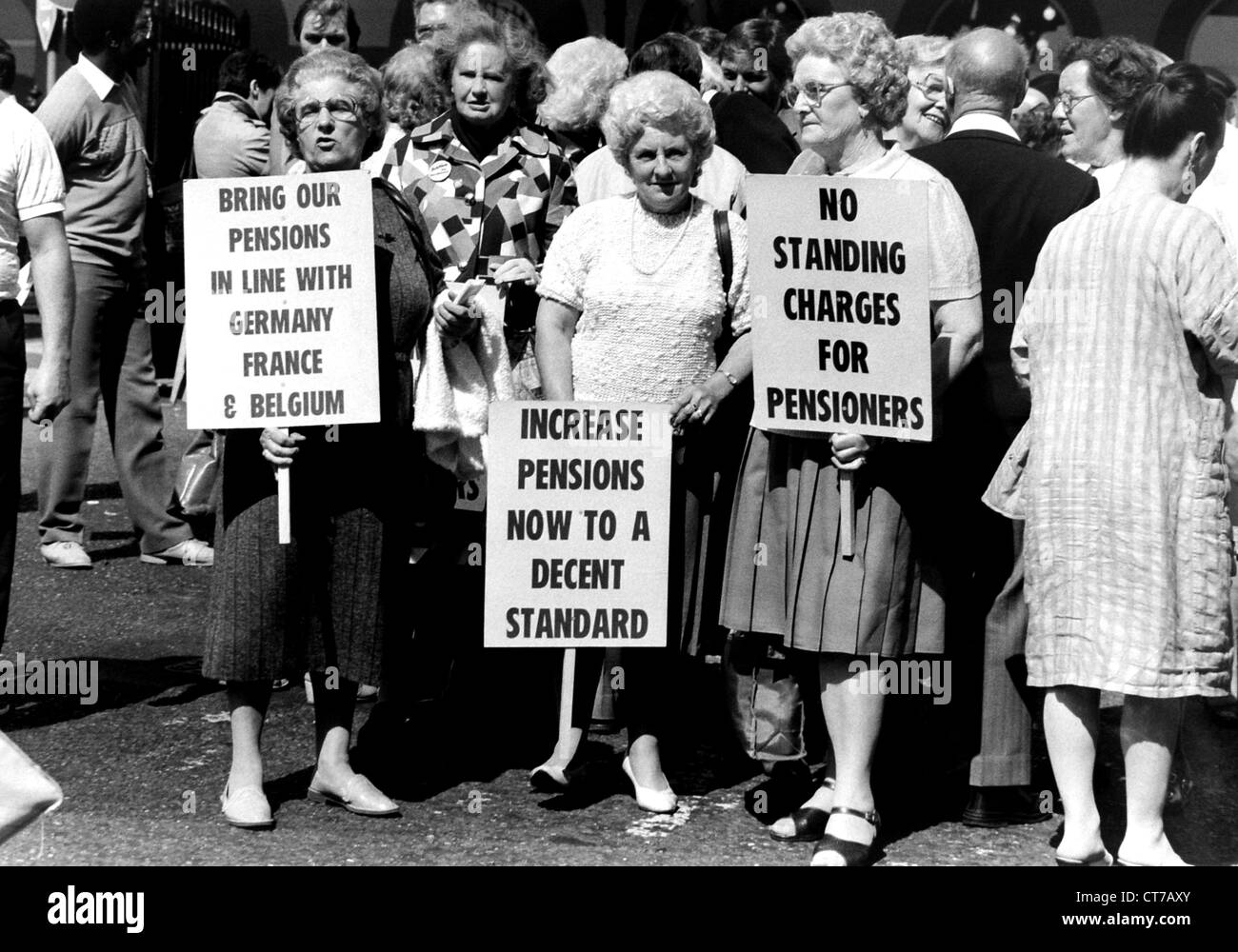
The Financial Reckoning: Rachel Reeves’ First Budget Sparks Outrage and Debate
New economic policies introduced by Chancellor Rachel Reeves.
In her inaugural Budget, Chancellor Rachel Reeves has unveiled a sweeping set of measures aimed at addressing the ‘black hole’ in the UK’s public finances, yet the reaction has been anything but straightforward. With an annual increase of £40 billion in taxes, the financial landscape is set to evolve dramatically. This moment is monumental as the country braces for what is forecasted to be the highest tax burden since 1948, now reaching a staggering 38.3% of GDP by 2027-28. With many commentators speculating the long-term implications, one question lingers: are these bold moves justified?
Tax Hikes and Borrowing Concerns
Reflecting on the global economic climate and the essential funding needed for vital services, Reeves’ plan proposes a £32.3 billion annual increase in government borrowing, which raises eyebrows among both critics and supporters. During her address, Reeves emphasized that the necessary tax hikes, including increased national insurance contributions and a rise in capital gains tax, are critical to rebuilding and stabilizing the economy. However, opposition leaders have quickly labeled these measures as a “failure to manage public spending.”
The proposed reforms have ignited discussions among economists and policy experts alike. Rishi Sunak, the Tory leader, has vocally opposed the proposal, asserting that these financial decisions undermine fiscal responsibility.
“Instead of encouraging growth, the government’s actions may burden future generations,” he stated during a recent debate.
Public Services at Heart of the Plan
With £70 billion targeted for annual spending increases over the next five years, Reeves has positioned health and education at the forefront of her Budget. The commitment to public services remains steadfast, with funding earmarked for key sectors, including compensation for victims of the infected blood scandal and the Post Office Horizon scandal. The question looming over these allocations is whether they genuinely address the underlying issues or merely serve as temporary palliatives.
A stark revelation came to light during her speech: nearly 25,000 women have died since the Parliamentary and Health Service Ombudsman report was released, demanding compensation for 3.6 million women affected by state pension age changes. Protestors from the WASPI group gathered outside Parliament, embodying a palpable frustration at the absence of financial commitment towards compensation.
Public Response: A Mixed Bag
Public sentiment towards the Chancellor’s proposals remains sharply divided. While some lauded the prioritization of public services, others have expressed outrage over the tax implications and absence of compensation for specific demographics, especially pensioners. Angela Madden, chairwoman of WASPI, articulated the sentiment of thousands when she said:
“With one affected woman dying every 13 minutes, we cannot continue to be patient. The government must act now.”
Amidst these tensions, Keir Starmer, leader of the Labour Party, faces the task of balancing public expectations with fiscal realities. His reluctance to commit to compensation during the Budget highlights the challenging narrative the party must navigate ahead of future elections.
 Protests advocating for women’s pension rights
Protests advocating for women’s pension rights
A Future Paved with Uncertainty
Looking forward, the Office for Budget Responsibility (OBR) has issued forecasts projecting a temporary growth in GDP; however, this comes amid increasing warnings of inflation and economic stressors. This dual narrative raises critical questions about sustainable recovery strategies. As the government grapples with both short-term fiscal imperatives and long-term stability, Reeves’ vision for handling the country’s finances remains a focal point of contention.
The climb to economic recovery is fraught with complexity as demands for transparency and accountability amid these budgetary changes echo loudly across the political sphere. Critics argue that under the guise of rebuilding Britain, the government’s plans could very well stifle necessary growth and development.
Navigating Political Minefields
In the backdrop of all these challenges, an emerging narrative encapsulates the chaotic atmosphere of modern politics. Just as the Melbourne Cup approaches, so do discussions around political presence and conduct within the elite circles of society. G.H. Mumm’s private jet theme at the carnival is set against the backdrop of Prime Minister Anthony Albanese’s ongoing scandals, where the intersection between political privileges and public audience raises concerns more broadly.
As politicians distance themselves from public events, wary of backlash and potential controversies, the clash between elite circles and the everyday citizen continues to resonate across various domains, further complicating how policy is perceived and implemented.
The forthcoming months will prove pivotal in shaping public opinion as Reeves’ financial choices come under increasing scrutiny. Will this be a sustainable blueprint for recovery, or are we merely witnessing a cycle of reactive, rather than proactive, governance? Only time will tell as the political landscape continues to evolve.
Conclusion: A Call for Accountability
The ambitious plans laid out by Rachel Reeves expose a critical intersection of fiscal strategy and urgent social demands. The need for responsible governance has never been more pronounced. As the Chancellor faces fierce criticism from various fronts, her ability to implement effective policies will be tested. The onus now lies firmly on the government to not only balance the budget but also to ensure that its most vulnerable citizens are provided the clarity and justice they’ve long awaited. As we navigate these uncharted waters, the call for accountability echoes louder than ever.
 An illustrative view on the economic roadmap ahead
An illustrative view on the economic roadmap ahead












